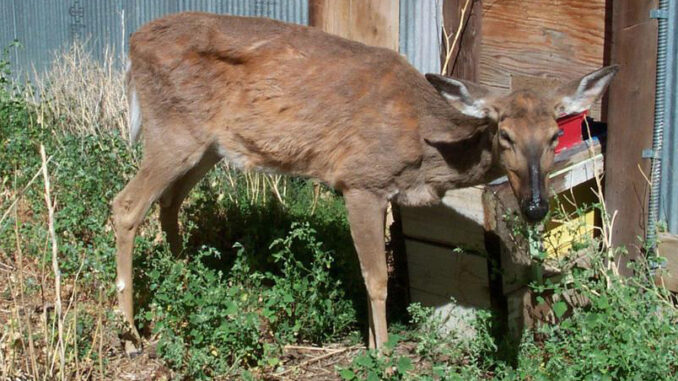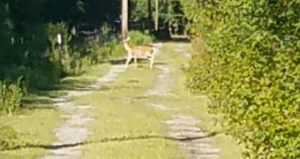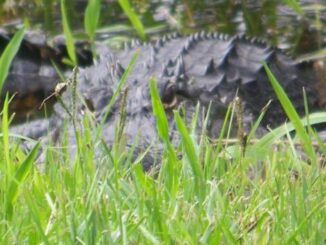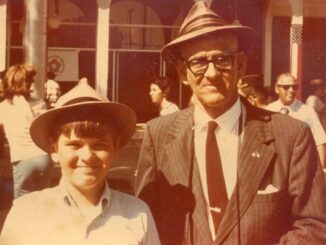
Voluntary testing stations have been set up in a number of counties as the Wildlife Resources Commission monitors the spread of Chronic Wasting Disease (CWD).
No cases of CWD have been found in Columbus County, or in Bladen, Brunswick, Pender and New Hanover.
So far this year, deer in 20 counties have been tested for the disease, according to ncwildlife.org. A total of 11 confirmed cases, including one in Cumberland County, have been recorded out of 2,740 deer tested so far. An additional 2,500 test samples are at the state lab awaiting results, the WRC said. CWD monitoring zones have been set up in several mountain counties, where the disease first appeared, as well as Robeson, Bladen, Cumberland, Harnett, Hoke and Sampson counties.
The disease is a form of spongiform encephalitis, the same type of illness as so-called “mad cow disease”. Deer with CWD appear listless, have difficulty walking, and behave erratically. CWD affects the brain and nervous system. CWD has not been documented as being transmissible to humans, according to the Quality Deer Management Association (QDMA) and the WRC.
The state has multiple unmanned dropoff stations in the monitoring areas, and a rotating schedule of manned checking stations. Officials ask that hunters bag and freeze the entire head of their harvests, and download a data tag from ncwildlife.org recording the date and location of the kill. Hunters can later check the results of CWD tests on their deer online.
Protons carrying CWD can last for years in the ground, the U.S. Fish and Wildlife Service said. It is transferred between deer and other cervids like elk and moose through urine, feces and grazing on contaminated soil.
Under the current state emergency regulations regarding CWD, only caped, cleaned skulls may be transported between monitoring zones and unaffected areas, including while being transferred taxidermists. Spinal column matter should be double-bagged and either buried three or more feet deep, or disposed of in a sanitary landfill.
For more information, go to ncwildlife.org, and click on the CWD tab on the home page.

















